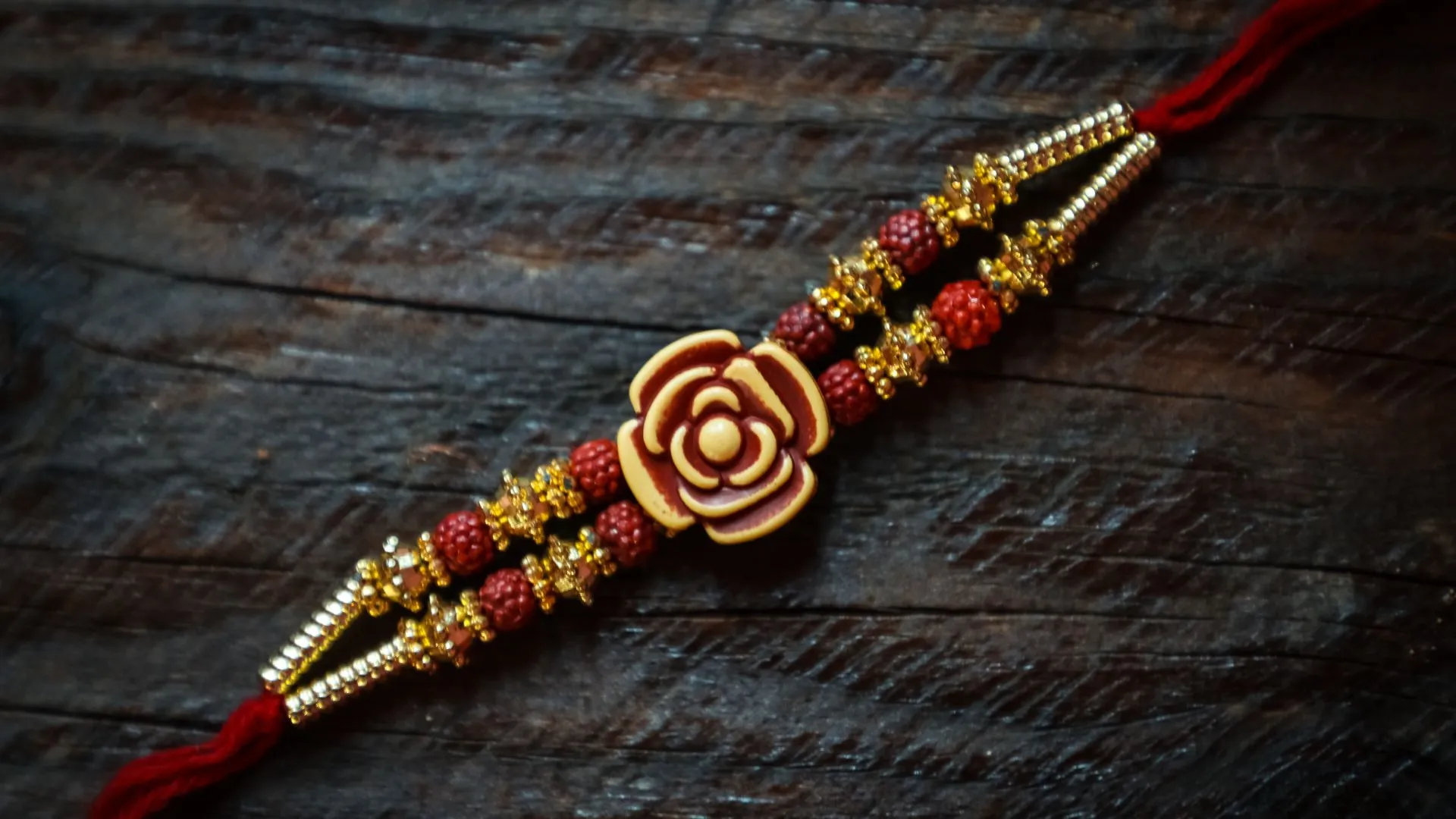Can Rakhi Be Tied at Night? Unraveling the Mysteries of Raksha Bandhan


India is a land of rich traditions and cultural celebrations. One such festival that holds immense significance in the Hindu culture is Raksha Bandhan, also known as Rakhi. It is a beautiful celebration of the bond between a brother and a sister, where the sister ties a sacred thread called Rakhi on her brother's wrist, symbolizing love, protection, and the promise of lifelong support.
But have you ever wondered why Rakhi is traditionally tied during the day and not at night? What is the significance behind this specific timing? Let's delve into the depths of this intriguing question and uncover the mysteries of Raksha Bandhan.
Raksha Bandhan is celebrated on the full moon day of the Hindu month of Shravan, which usually falls in August. On this day, sisters eagerly wait for the auspicious time to tie the Rakhi on their brother's wrist. The timing is determined based on the position of the stars and planets, as per the Hindu Panchang (calendar).
According to Hindu mythology and beliefs, the daytime is considered more auspicious than the nighttime. It is believed that during the day, the positive energy and divine vibrations are at their peak, making it the ideal time for performing sacred rituals and ceremonies.
The specific timing for tying Rakhi may vary from region to region and can be different every year. The Panchang provides the Muhurat (auspicious time) for Raksha Bandhan, ensuring that the bond between brothers and sisters is strengthened under the divine influence.
In Hinduism, daytime is associated with clarity, enlightenment, and the presence of the deities. It is believed that performing rituals and ceremonies during this time enhances their spiritual impact and ensures the blessings of the gods and goddesses.
Tying Rakhi during the day signifies seeking the divine protection and blessings for the brother. It is a way of invoking the positive energies and divine forces to safeguard the brother from any harm or evil influences.
The daytime rituals of Raksha Bandhan also include prayers, offering sweets, and exchanging gifts. These rituals strengthen the bond between siblings and create a sense of love, unity, and harmony within the family.
One of the reasons why Rakhi is not tied at night is the presence of Bhadra. Bhadra is considered an inauspicious time in Hindu mythology, and it is believed that no sacred rituals or ceremonies should be performed during this period.
Bhadra is a time associated with negative energies and is believed to bring obstacles, hurdles, and misfortunes. It is considered unfavorable for any auspicious or joyful events, including tying Rakhi.
To ensure the purity and sanctity of the Rakhi ceremony, it is traditionally performed during the day, avoiding the Bhadra period. This ensures that the bond between siblings is protected from any negative influences and remains strong and blessed.
The answer may vary depending on personal beliefs and traditions. In most cases, the rakhi is worn until the thread naturally falls off or is removed by the brother. Some believe that it should be worn for the entire day, while others may choose to wear it for a few hours.
Ultimately, the duration of wearing a rakhi is a personal choice. What matters most is the intention behind the act and the bond it represents.
1. Can Rakhi be tied after sunset?
It is generally advised not to tie Rakhi after sunset, as it is considered inauspicious due to the presence of negative energies during the Bhadra period.
The daytime is associated with clarity, enlightenment, and the presence of the deities in Hinduism. Tying Rakhi during this time signifies seeking divine protection and blessings for the brother, ensuring his well-being and safety.
Bhadra is a time period associated with negative energies and is believed to bring obstacles and misfortunes. It is considered unfavorable for any auspicious or joyful events, including tying Rakhi. To maintain the sanctity of the Rakhi ceremony, it is performed during the day, avoiding the Bhadra period.
The timing for tying Rakhi varies based on the Hindu Panchang and the specific Muhurat for Raksha Bandhan. It is important to consult the Panchang or seek guidance from a priest to ensure that you tie Rakhi at the most auspicious time for maximum blessings and divine influence.
Raksha Bandhan can be made more meaningful by understanding its spiritual significance and embracing the values it represents. You can spend quality time with your siblings, engage in acts of kindness, and strengthen your bond through open communication, love, and support.
Raksha Bandhan is not just a festival; it is a celebration of love, protection, and the eternal bond between siblings. By tying Rakhi during the day, we honor the traditions and beliefs that have been passed down through generations. So, this Raksha Bandhan, embrace the divinity of the auspicious time and strengthen your bond with your brother or sister.
This Raksha Bandhan, show your sibling how much they mean to you with our exquisite Rakhi collection. Check it out now!